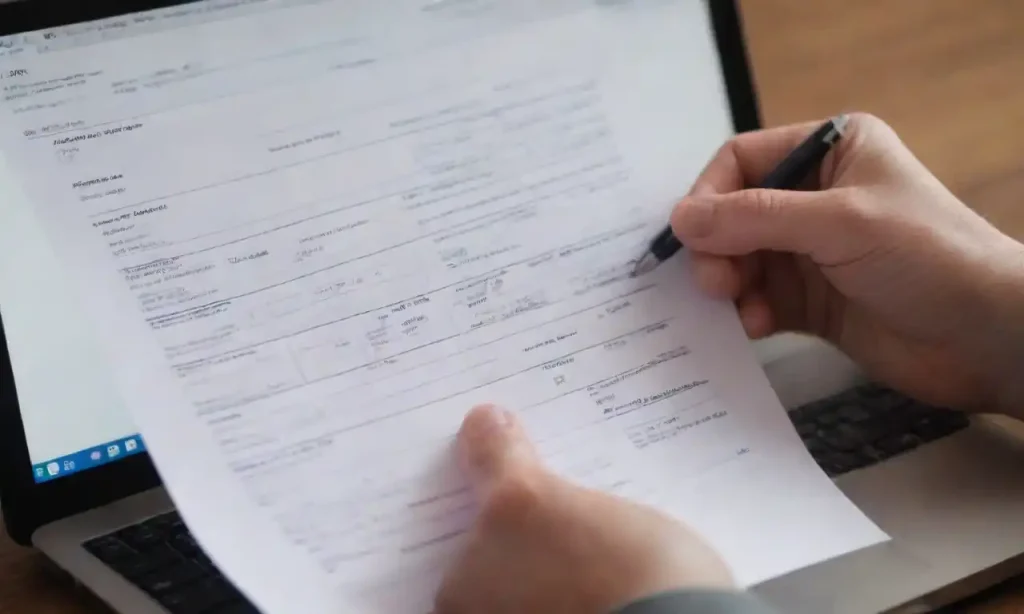Are there extra fees for travel related to the case

When it comes to managing a legal case, numerous factors come into play, including the associated costs. One area of concern for clients often revolves around the potential for additional fees related to travel expenses. Understanding these nuances is pivotal, as they can significantly impact the overall expenditure associated with a legal case. This concern typically surfaces when lawyers need to conduct depositions, meetings, or court appearances in distant locales, leaving many clients wondering if they will shoulder these extra financial burdens.
This article delves into the complexities surrounding travel-related fees in the context of legal cases, exploring how fees are determined, what is typically covered, and how clients can best prepare themselves for potential costs. We will analyze various scenarios where travel may be necessary, as well as provide insights into how different law firms approach these charges. By thoroughly understanding this aspect, clients can make informed decisions and better manage their finances throughout the legal process.
The Nature of Travel-Related Fees in Legal Cases
Travel-related fees in legal cases vary widely depending on several factors, including the specific law firm’s policies, the distance traveled, and the nature of the legal matter at hand. Some law firms include these expenses in their retainer fees, while others may charge them separately. In most instances, if extensive travel is involved—such as flying across the country or driving hundreds of miles—clients can expect these expenses to be itemized on their bills.
Typically, travel expenses encompass a variety of costs. These can include airfares, car rentals, hotel accommodations, and meals incurred during the journey. Some firms may even charge for time spent traveling. This introduces a layer of complexity as clients might not only pay for the out-of-pocket expenses but can also find themselves billed for the attorney's time spent in transit. It's essential for clients to inquire about the specifics of these policies when engaging legal representation to understand their potential liability.
Scenarios Where Travel Fees Might Apply
There are numerous situations during a legal case where travel may be a necessary component. One common scenario is when depositions need to be conducted in various locations. If a witness is located in a different state or even in a remote part of the same state, attorneys often must travel to obtain their testimony. Additionally, court appearances can also create travel demands, particularly in federal cases that are held in specific jurisdictions, often far from the attorney's office.
Moreover, some legal cases might involve investigations requiring the attorney to visit different locations, gather evidence, or interview witnesses. For instance, personal injury cases might necessitate visits to accident sites or medical facilities, while criminal defense cases could involve traveling to different towns to interview witnesses or meet with clients, especially if they are held in distant detention centers.
In international cases, the complexity increases significantly, as attorneys may need to navigate various legal systems and protocols. The logistics of international travel can involve significant costs and require thorough planning, all of which may be attributed back to the client depending on the agreement initially established with the law firm.
How Law Firms Communicate Travel Fees
The communication regarding travel fees varies among law firms. Some firms are transparent about their fee structures from the onset, incorporating it into the initial discussions with potential clients. Others may be less forthcoming, leaving clients unaware of these possible costs until they appear on the bill.
It is advisable for clients to clarify the fee structure before engaging a law firm. This entails not only asking about the travel-related fees but also understanding what types of expenses will be billed, any limits imposed, and the policies governing billing practices. It is common for attorneys to provide a fee agreement that details these items, allowing clients to review their obligations before formally hiring the attorney. Transparency is key to building a good attorney-client relationship and avoiding surprises during the billing process.
Mitigating Travel Costs During Legal Proceedings
Clients concerned about potential travel-related fees can take proactive steps to mitigate these costs. First and foremost, they should engage in open communication with their lawyers about any travel involved in their cases. By discussing the necessity of travel and exploring alternatives, clients may find that some appearances or depositions could be arranged over video conferencing, thus eliminating the need for travel altogether.
Additionally, clients can seek to schedule multiple meetings or depositions in one trip, coordinating with their attorneys to maximize efficiency and reduce the frequency of travel. For example, if several depositions of different witnesses are required in the same region, they could be arranged for the same day or consecutive days to minimize the necessity of multiple trips.
Until an efficient plan is in place, clients should regularly review their bills and seek clarification on any travel expenses that appear unclear or unexpected. Establishing a regular dialogue with the legal team can facilitate a better understanding of the billing process and potentially identify ways to streamline trips.
Conclusion
In conclusion, understanding extra fees for travel related to a legal case is an essential aspect that clients must navigate to manage their expenses effectively. As various scenarios may require attorneys to travel, and as costs can accumulate rapidly, being informed allows clients to make strategic decisions that minimize financial burdens. Clear communication with legal representatives can facilitate transparency regarding billing practices and help clients prepare for potential travel expenses.
Ultimately, by engaging in proactive discussions with their legal counsel, clients can better anticipate travel-related expenses and even explore opportunities to limit these costs. Such foresight is crucial not only for financial planning but also for ensuring a smoother overall experience in legal proceedings, paving the way for enhanced innovation in the representation process. Frequent discussions about these fees can enhance client satisfaction and reinforce the professional relationship between attorneys and their clients, making the journey through a legal case less stressful and more manageable.

Leave a Reply